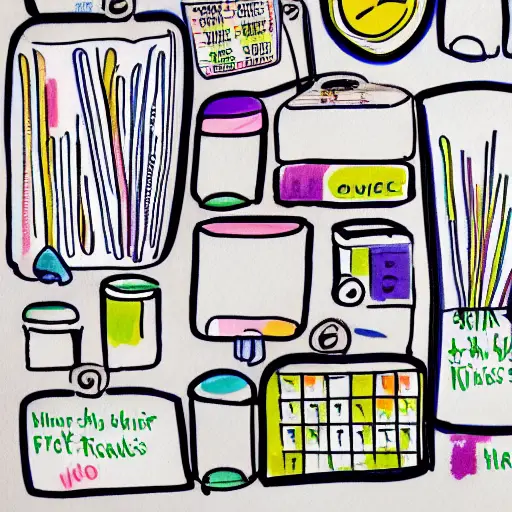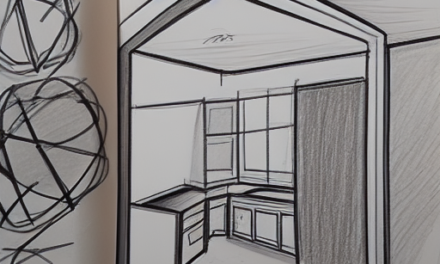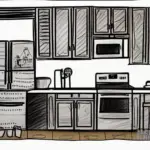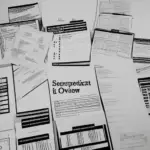One of the easiest ways to stay organized at work is to talk more. Instead of relying on endless email threads, talk to your co-workers instead. Another great way to avoid email overload is to schedule organization breaks. These short, five-minute breaks can tidy your desk and help you stay motivated.
To-do lists
When using to-do lists for organizing yourself at work, you should prioritize your tasks. You can assign grades to each item and move those with high priority to the top of your list first. You should also add due dates to your tasks. Adding a deadline helps you prioritize the tasks that you need to complete first.
Keeping organized to-do lists will help you focus on your current task and prevent mental distractions. It is estimated that 90% of managers waste time by neglecting to prioritize tasks. A to-do list is essential if you want to maximize your productivity. If you don’t prioritize your tasks, you may find yourself getting overwhelmed by your work and missing important deadlines.
You should also limit the number of items you include on your to-do lists. Some people limit it to seven items, while others prefer to limit it to three. Putting more than three items on your to-do list isn’t very efficient – you end up delaying it and accumulating a lot of work. Creating a list that is less than seven items will allow you to prioritize the most important tasks for you to complete first.
In addition to being useful for managing your work and life, to-do lists can help you stay focused and on top of the most important decisions and projects. They also help you prioritize your tasks and know what needs to be done immediately and which ones can wait. They can also help you avoid work overload, which many people experience.
One of the advantages of to-do lists is that you will be able to write down ideas. Doing so will save you time and focus on your work, and you’ll be able to accomplish more.
Email calendar
Many people struggle with staying organized at work. This can impact their productivity. They may make lists of important tasks on post-its or sticky notes and lose them. As a result, their inboxes are cluttered and their calendars look like a game of Tetris. Luckily, there is an easier way to stay organized at work. Using an Email calendar can help you keep track of what you need to do.
Desk organizers
One of the best tips for organizing yourself at work is to prioritize your workspace. Keep items that you use often close to your desktop, and store items that are rarely used in a drawer or somewhere else. Whether you’re working at home or in an office, it’s important to maintain an organized space.
Desk organizers are great for preventing paper from piling up on your desk. They help you find things you need easily, such as files, pens, and other office supplies. They can even be functional and environmentally friendly. For instance, you can use coffee pods as desk organizers, which can be used to store small office supplies.
Keeping your workspace organized can also help you feel less stressed. A desk that is cluttered will keep you from focusing on your work. It’s also a distraction to those using it, and can take up valuable surface space. Using desk organizers can help you get your work done more efficiently, and will improve your productivity.
While organizing yourself at work can be a challenging task, it can help you stay focused and productive. By storing recurring tasks and storing them in designated areas, you can minimize the clutter on your desk. A neat workspace also reduces visual distractions, which can help boost your positivity.
Breaks
A well-planned break helps you stay focused on your job. Besides providing a sense of wellbeing, a well-timed break also reduces stress. When you return to your desk after a break, you’ll be more productive and able to tackle your tasks. To automate your break schedule, consider using an app like Evernote to send notifications to your smartphone.
Scheduled organization breaks will help you to avoid email overload. They’ll also help you to tidy up your workspace, which will boost your motivation. These five-minute breaks are also great for boosting your motivation. They’ll help you get a fresh perspective on your tasks. So, try scheduling a break from your workstation every few hours!
Taking regular breaks is essential for staying focused. Whether it’s for half an hour, an entire night, or even an entire weekend, you should always take a break. Work is stressful enough, so it’s important to make sure you take time off for yourself. If you’re organized and have a good work-life balance, you’ll be less stressed and burnt out at work, and it will be easier for you to stay focused.
In addition to taking breaks for organizing yourself at work, you should make sure you get some exercise. Studies have shown that high levels of stress can lower your energy, cause fatigue, and hinder cognition. So, try taking a few minutes to stretch, dance, or participate in an activity you enjoy.
Time blocking
Time blocking is a new time management technique that may seem exciting, but that can also create stress. Time blocking is best used when you can set aside two or three times as much time for each task as you normally would. For example, if you need to work on a complicated project, give yourself two or three times as much time to complete it.
The first step in time blocking is assessing your priorities. Once you’ve chosen your priorities, make a detailed to-do list and mark off precise blocks of time on your calendar. This helps you schedule tasks and avoid procrastination. Procrastination makes you less productive and causes backlogs. Having a reward for getting work done can help you stop procrastinating. A nice dinner with a friend, for example, is a great reward for doing things on time.
Another benefit of time blocking is that it helps you learn when to finish tasks. You’ll find that you’re less likely to lose focus if you set a timer for every task. This will also help you limit the amount of work you do per day. For example, if you’re working on a piece of writing, you might have a deadline coming up and need to complete it quickly. You’ll lose your flow if you’re not able to complete everything in that time block.
You may also find it difficult to prioritize large tasks. If you’re constantly multitasking, you may have trouble achieving work-life balance and finding time for fun. Time blocking can help you manage your time more effectively, allowing you to reach more goals and do deeper work.













